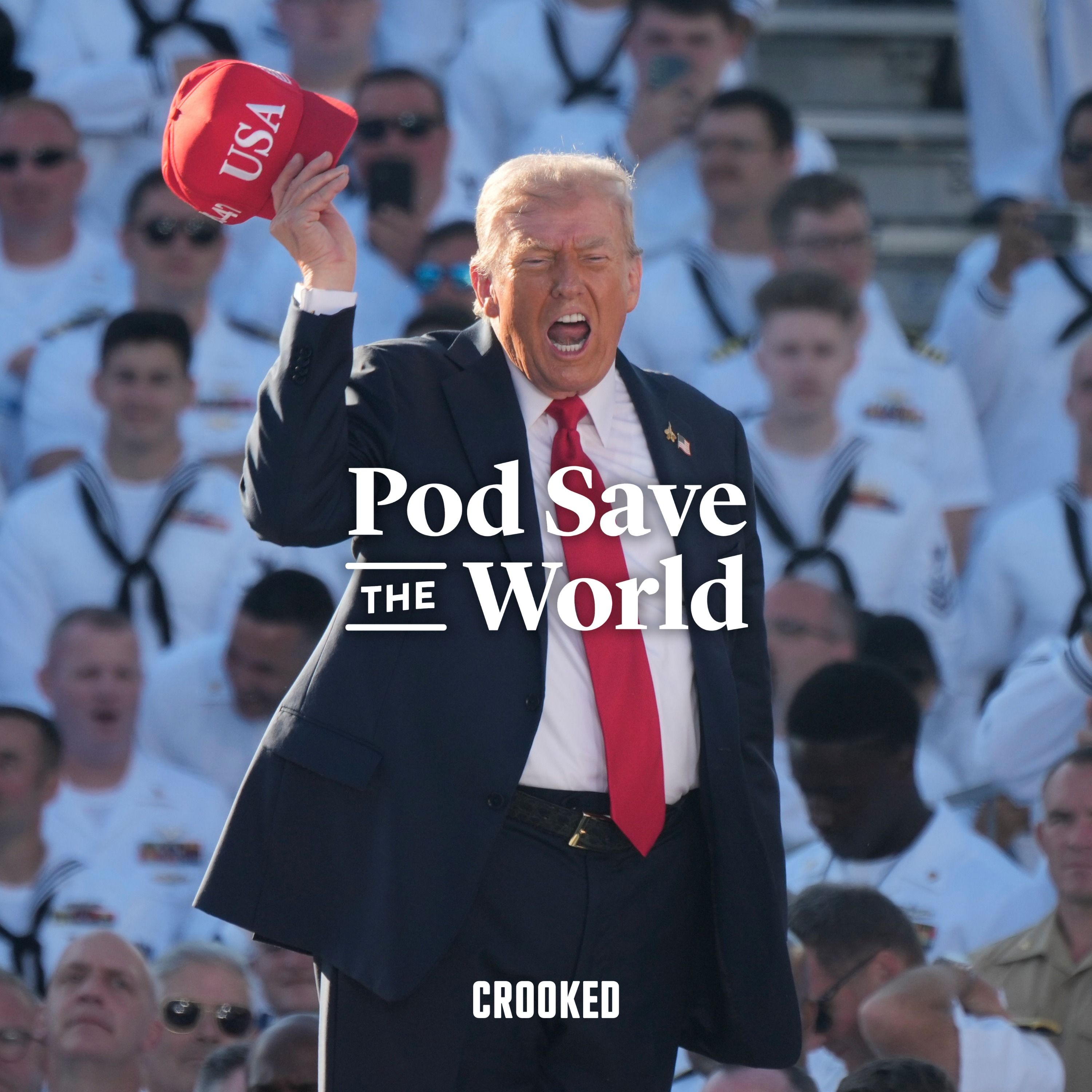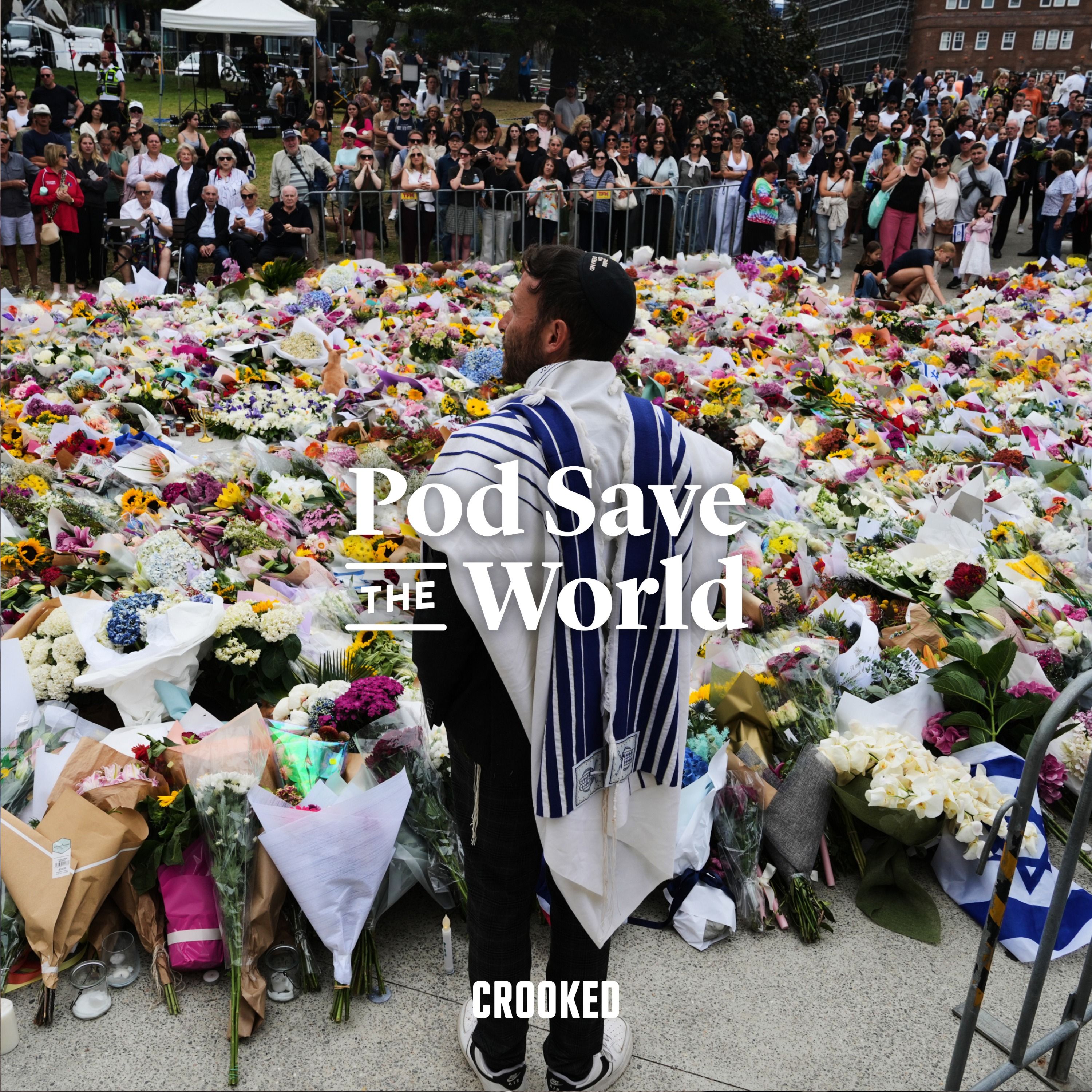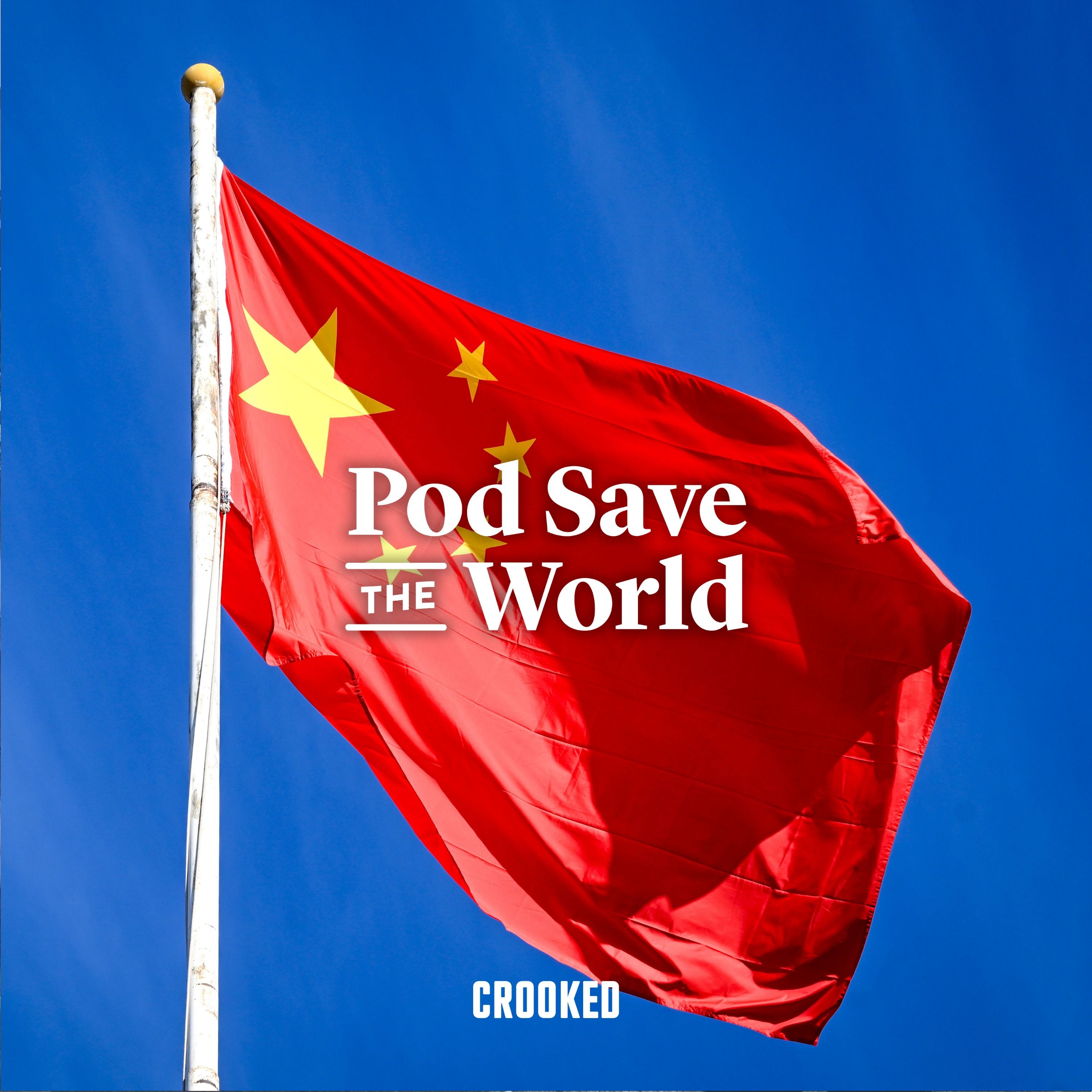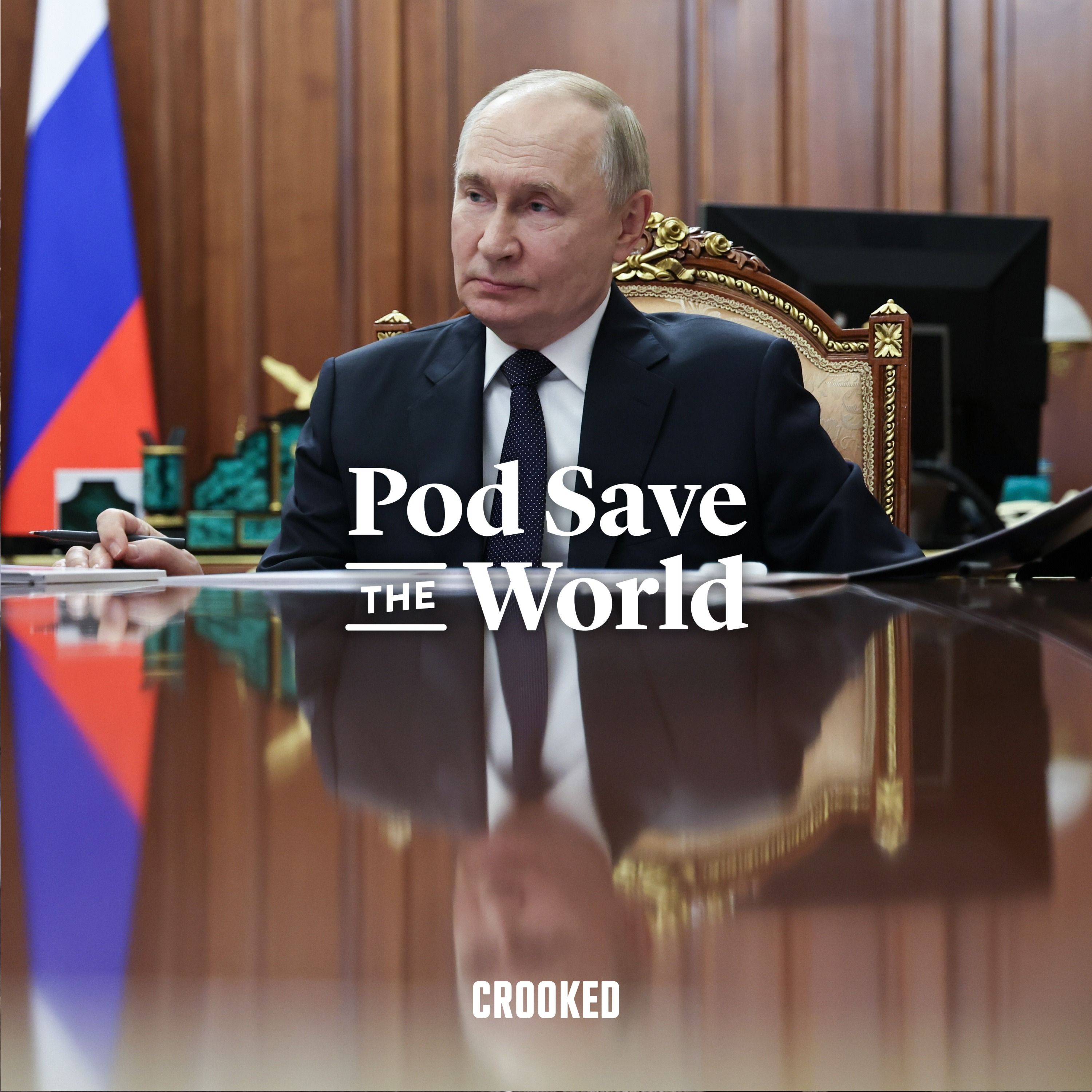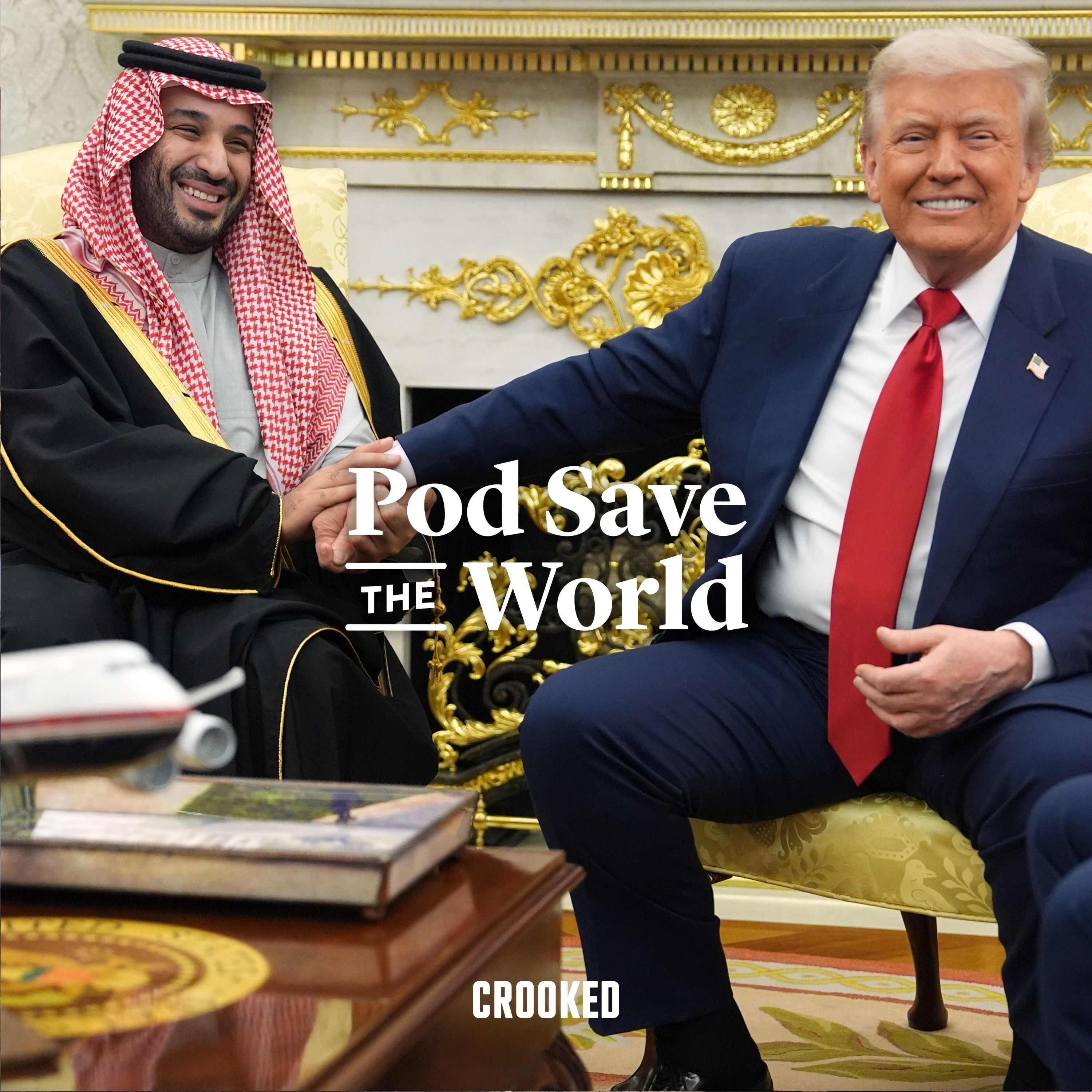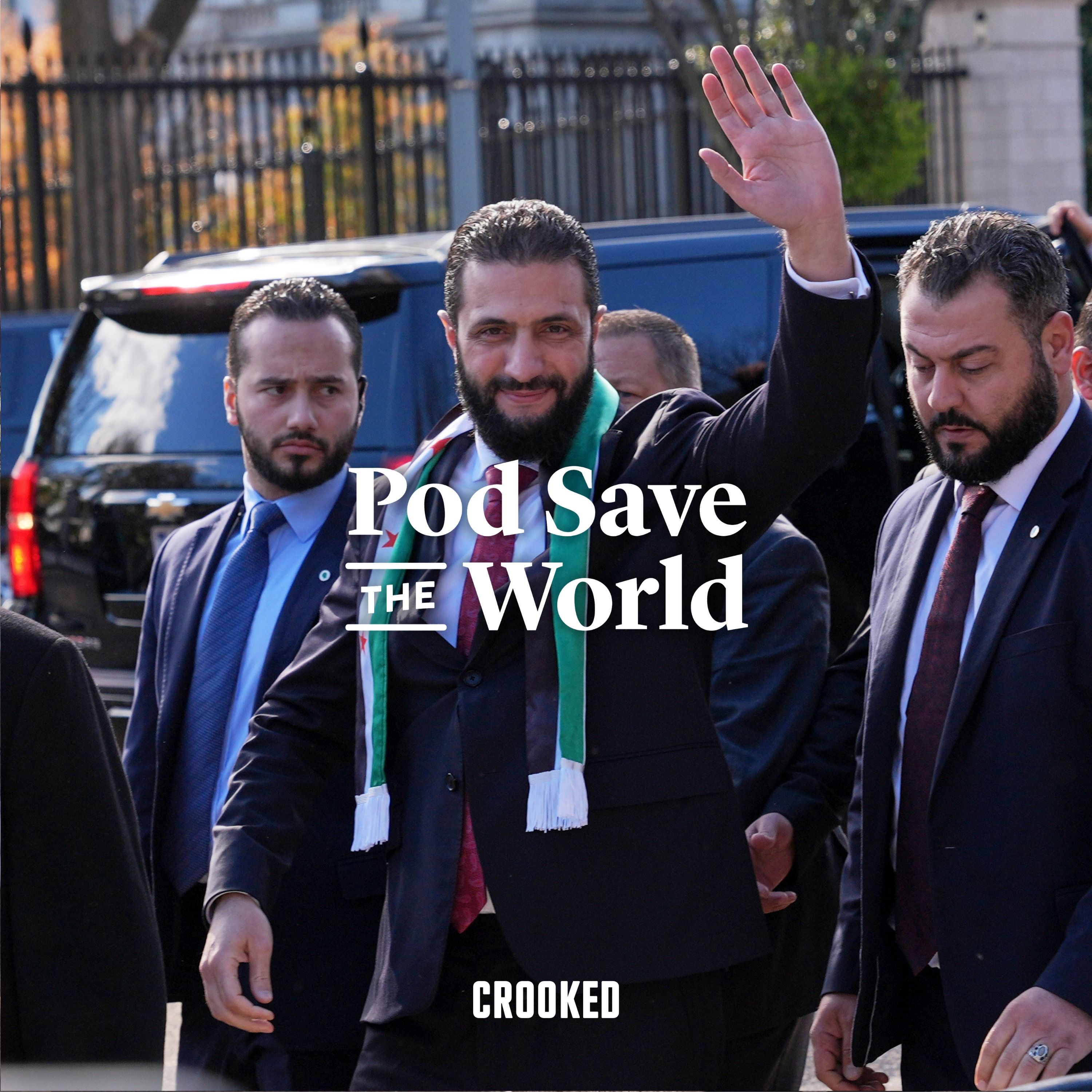Trump Barrels Towards War with Venezuela
Tommy & Ben sound the alarm about how Trump is laying the foundation for war with Venezuela—breaking down the administration’s justifications, what escalation could look like, and why attacking Venezuela won’t solve America’s drug problem. Then, they discuss the latest negotiations between Israel and Hamas over Trump’s Gaza “peace plan,” Israel's treatment of activists arrested from the Gaza-bound Global Sumud Flotilla, an update from journalist Noa Avishag Schnall, who’s currently sailing to Gaza with another flotilla, and the United States’ unprecedented security agreement with Qatar. Also covered: how MAGA is advocating for an El Salvador-style judicial takeover, Russia’s “hybrid war” on Europe and its shadow fleet of decrepit oil tankers, and the over-the-hill rock stylings of Argentina’s embattled president, Javier Milei. Finally, Tommy speaks with Michael Froman, president of the Council on Foreign Relations and former U.S. Trade Representative under Obama, about Trump’s trade “strategy,” the death of the rules-based system of global commerce, and why the humble soybean has become a flashpoint in the trade wars.
Press play and read along
Transcript
Transcript is processing—check back soon.
Pod Save the World — Trump Barrels Towards War with Venezuela
